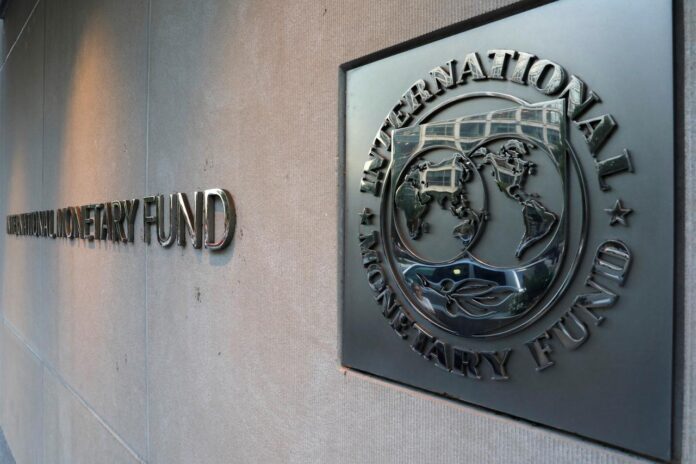As Pakistan prepares for talks with the International Monetary Fund (IMF) starting September 25, the government is looking at the possibility of revising its macroeconomic framework. The aim is to adjust the Federal Board of Revenue’s (FBR) tax collection target and ensure that the expenditures align with the primary surplus target agreed upon with the IMF.
The News reported, citing top official sources, that two potential paths are under consideration: either reducing FBR’s tax collection target if expenditures are cut proportionally, or raising revenue through additional measures to meet the agreed primary surplus by the end of June 2026.
Pakistan and the IMF had initially agreed that FBR’s tax collection would reach Rs3.023 trillion by the end of September 2025. However, internal estimates suggest a potential shortfall of approximately Rs100 billion, partly due to the economic slowdown caused by the devastating flash floods. This has left the government with two options: reduce expenditures to match the anticipated shortfall or introduce additional revenue measures.
The floods have also raised questions about the allocation of funds. Proposals have surfaced to redirect resources from the Benazir Income Support Program (BISP) to support flood-affected areas. However, it remains unclear how this would affect the ongoing distribution of BISP installments to beneficiaries.
According to the report, the government is also dealing with the challenge of revised GDP growth expectations. The forecasted growth rate of 4.2% will likely be reduced, with the risk of increased CPI-based inflation, which could result in minimal changes to the nominal GDP. In this context, the IMF may press for additional revenue measures to finance flood-related expenditures.
For the current fiscal year, Pakistan has set a target of achieving a 2.4% primary surplus of GDP, equivalent to Rs3.17 trillion. On the issue of waiving electricity bills in flood-affected areas, officials are currently evaluating the cost of this relief measure.
IMF’s Resident Mission Chief Mahir Binci stated that the upcoming EFF review mission will provide an opportunity to discuss policy responses to support the flood-affected population and address the spending needs created by the disaster. He added that the IMF will assess whether Pakistan’s FY26 budget, its spending allocations, and emergency provisions are flexible enough to handle these challenges.




